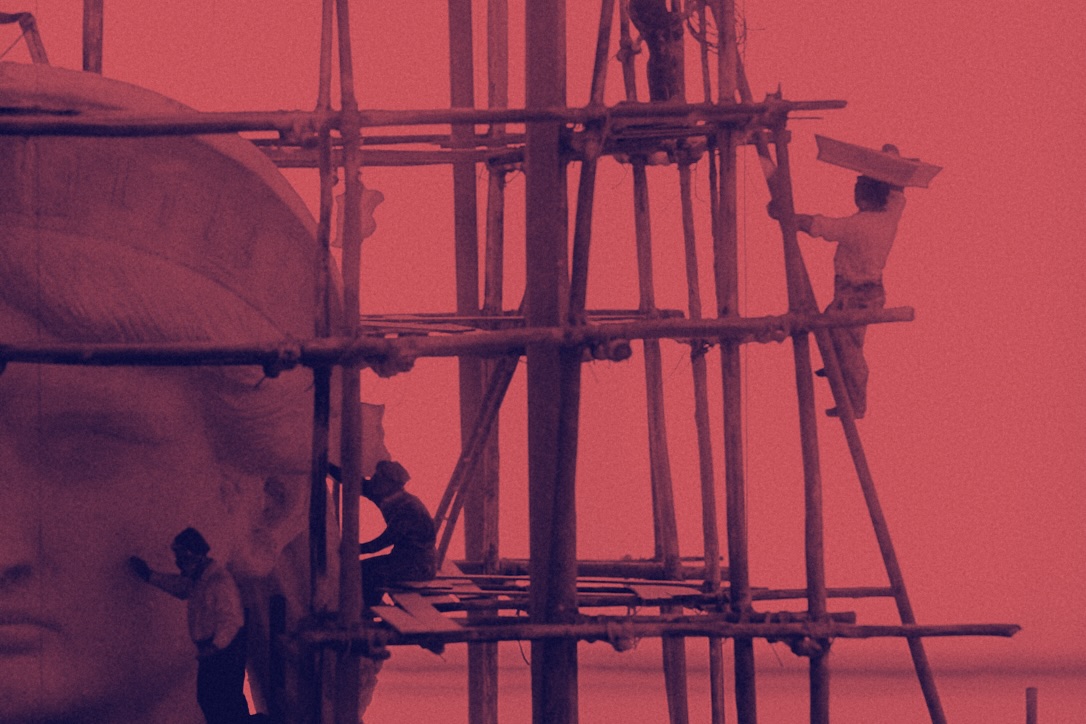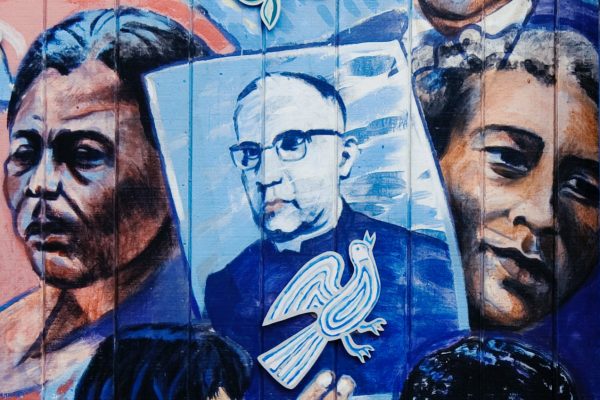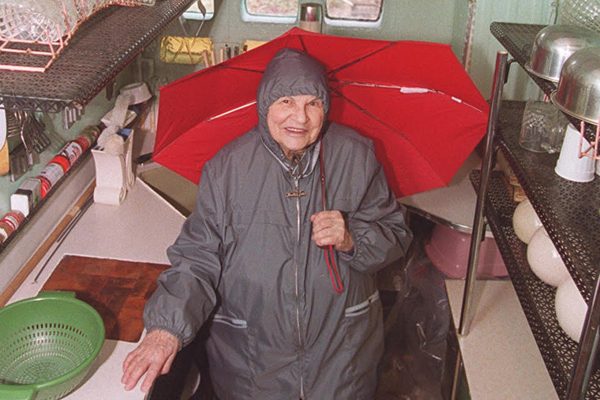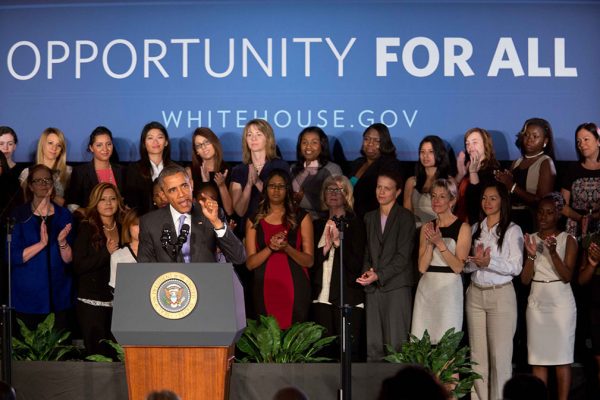Aziz Rana highlights two sites where people’s experiences of collective agency ought to be strengthened: the political system and the workplace. For those persuaded by Rana’s compelling argument, I suggest a third realm in which freedom and democracy can be linked in people’s everyday lives: their free time. Enhancing people’s free time, supporting opportunities for people to spend their free time together, and infusing these social realms with inclusive and democratic values would provide people with ongoing and direct engagement with collective decision-making, from the very small scale to the more far reaching.
People are entitled to free time. To be able to meaningfully enjoy fundamental political, civil, and personal liberties depends on having access to the resources and conditions that enable their exercise—and these resources and conditions extend to time. In particular, people generally require time not dedicated to meeting one’s own and one’s dependents’ basic needs, whether in necessary paid work, personal care, household labor, or caregiving. We must have time that is not consumed by the necessities of life, time that is instead free to devote to our chosen ends. And we must have it on terms that allow us to reliably make use of it.
Here I want to draw out three reasons why, in efforts that seek to strengthen people’s everyday experiences of freedom through collective agency, free time ought to play a critical role.
First, and most simply, how much free time we have, the terms on which we have it, and the ways we can make use of it provides much of the structure and texture to our everyday lives. Rana is right to recognize the workplace as an essential site for revitalizing freedom “precisely because most people spend most of their time at work.” But we shouldn’t discount the time we spend outside of work and the time we spend navigating the demands from work and the rest of life. Experiencing collective freedom outside of work and in shaping work-life boundaries would go far toward connecting a democratic vision of freedom with “the daily features of one’s life.”
Second, to ensure that free time is widely secured requires looking beyond individualistic solutions and toward collective interventions. The causes of time poverty are multiple, and they can be glimpsed in a variety of situations: someone who earns minimum wage and who has a long commute because they can’t afford to live near their work; someone who is squeezed by caring for their children as well as their parents because they lack access to high-quality, convenient, and affordable child care and elder care support; someone trying to keep up with a demanding career while also managing a time-consuming medical condition; someone who works long hours and would prefer to work fewer hours, even for a reduction in pay, but is unable to find work in their profession at shorter hours. All of these people might lack enough free time, and all would benefit from collective interventions that are attentive to people’s time.
Providing free time on terms that enable people to use it effectively would also require a cluster of economic and social policy interventions. Most employees have limited discretion over their work schedules, and many have unpredictable schedules, as they must work variable hours, on-call shifts, or mandatory overtime without advance notice. Many, too, cannot count on their free time being protected from interruption, as they must constantly check for work communications and be available to respond. Those who must work antisocial hours—evenings, weekends, holidays—may not be able to coordinate their free time to share it with their families, friends, or communities. And just as we need free time that we share with other people, we also need spaces in which we can meaningfully spend our time, yet what we may think of as free time infrastructure—parks, recreation facilities, public and private gathering places—may be undersupplied or inaccessible. Addressing all of these elements depends on wide-ranging collective responses.
More broadly, everyone would gain in free time if we sought to limit the small intrusions on people’s time that cumulatively add up—the “admin” or “sludge” of paperwork, navigating phone trees, and waiting in line—through reforms that may be as simple as automatic enrollment and prepopulated forms. As political theorist Robert E. Goodin and colleagues have argued, we might also benefit from downshifting expectations for personal care and home maintenance that ramp up our time demands by fostering a “culture of social equality.” Further still, we might challenge the consumerism that leads people to work more to spend more.
Third, our free time provides vital opportunities to foster collective life and the practice of shared decision-making. When we spend meaningful time together—whether with friends and family or with those we share hobbies, recreational pursuits, or religious or partisan affiliations with—we inevitably experience, to some degree, what Rana terms the “need to embrace interdependence.” If these social realms are infused with egalitarian values, they are likely to be sites where we have everyday experiences of collective decision-making. This kind of decision-making is unlikely to be the kind that devolves into endless, time-consuming meetings. It may take the more organic forms of a neighborhood’s rotating potluck signup sheet or a knitting group’s discussions about what they might contribute to a charitable cause. To create “cultural worlds in which collective agency is a meaningful reality,” as Rana evocatively puts it, such informal collective decision-making is a vital complement to the essential democratic reforms in the political system and the workplace.








